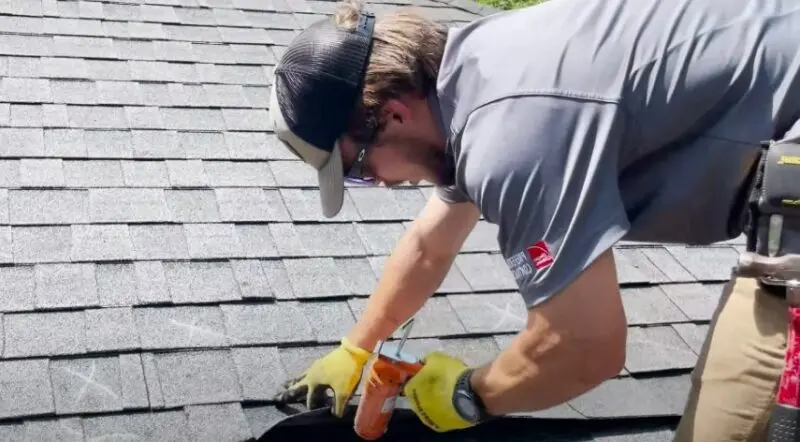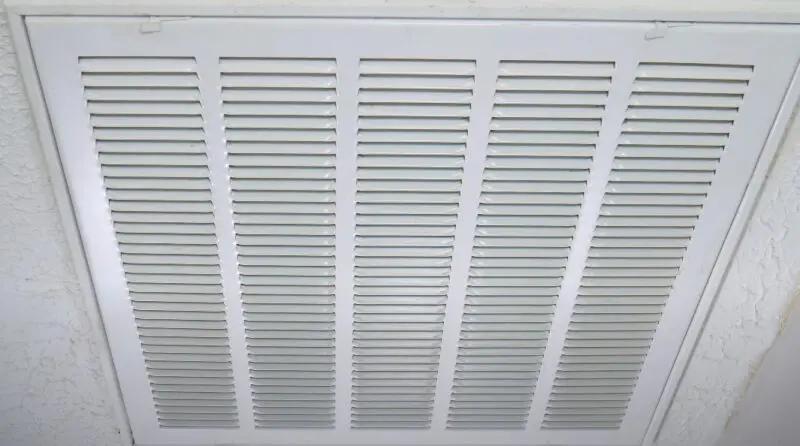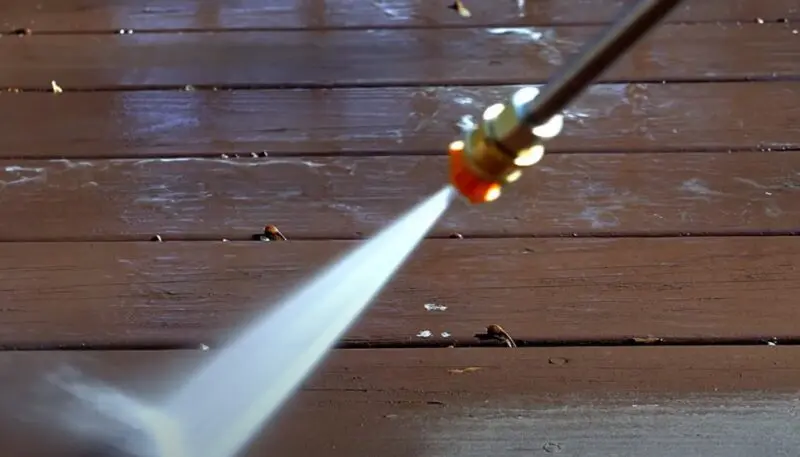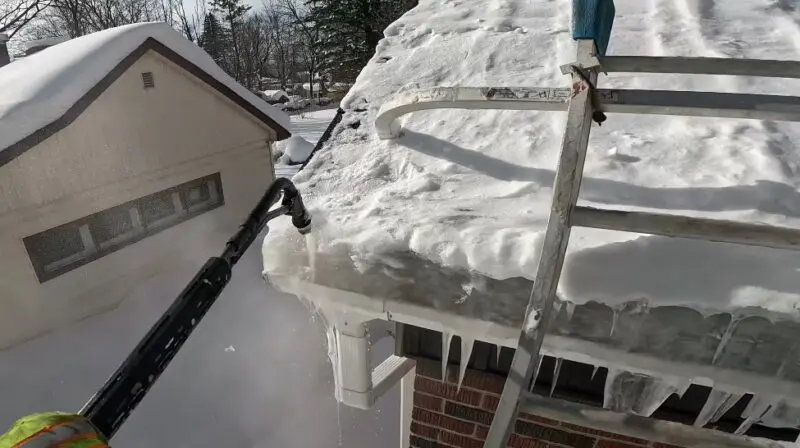If you’ve ever scrambled to deal with a busted pipe in winter or a broken A/C in July, you already know why home maintenance matters.
Staying ahead of the weather—and the wear-and-tear that comes with it—can save you thousands, not to mention your sanity.
The good news? You don’t need to be a contractor or live on YouTube DIY videos to keep your home in great shape. What you do need is a solid plan, timed with the seasons.
In this guide, we’ll break it down by month, quarter, and season, giving you the clarity (and reminders) you need to keep your home running like it should.
Just real tasks, why they matter, and how to keep them manageable.
Table of Contents
ToggleWhy Seasonal Home Maintenance Isn’t Optional

Think of your home like a car. You wouldn’t wait until the engine seizes to change the oil, right? Same logic applies here. The difference is, the stakes with a house are even higher.
Let something slide too long and you could be looking at $10,000 roof repairs, a flooded basement, or a furnace that quits in the middle of a blizzard. Routine maintenance can:
- Prevent safety hazards (like dryer fires or carbon monoxide leaks)
- Extend the life of major systems (hello, HVAC and plumbing)
- Boost energy efficiency (goodbye, sky-high utility bills)
- Save you from expensive emergency repairs
Monthly and Quarterly Tasks That Keep Things Running

Before we even get into spring blossoms or snow shovels, some tasks just need regular attention, regardless of season. Here’s what should be on your radar every month and quarter.
Monthly Musts
| Task | Why It Matters |
| Replace HVAC filters | Keeps air clean and the system efficient |
| Vacuum heat registers and vents | Reduces dust and allergens |
| Check air vents for blockages | Keeps air flowing properly |
| Unclog drains | Avoids backups and slow-flow issues |
| Flush water heater briefly | Helps clear sediment buildup |
| Test smoke and CO detectors | Safety, plain and simple |
| Inspect fire extinguishers | Make sure they’re charged and accessible |
| Look over electrical cords | Damaged cords = fire risk |
Every Quarter
| Task | Why It Matters |
| Clean garbage disposal | Cuts down on smells and clogs |
| Check water softener salt levels | Keeps water quality stable |
| Test garage door auto-reverse | Safety feature you don’t want to fail |
| Descale showerheads and faucets | Improves water pressure and flow |
These aren’t huge time-sucks, but skipping them can let small issues snowball. One homeowner in Colorado caught a dryer vent blockage during a quarterly check—just in time to prevent a fire.
Seasonal Maintenance Breakdown
Now let’s talk about timing. What your home needs in July isn’t the same as what it needs in January. Here’s how to stay on top of things, one season at a time.
Spring
The snow’s melting, birds are back, and it’s time to shake off the damage winter may have left behind.
Outside the House
- Clear gutters and downspouts: If you’ve got leaves or gunk stuck up there, you’re one storm away from foundation problems. You can find here professional gutter cleaning services.
- Inspect the roof: Look for cracked shingles, missing flashing, or anything else that could leak.
- Power-wash siding: Dirt, mildew, and road grime build up over winter.
- Check caulk and weatherstripping: Gaps = drafts. Seal ’em now before the summer heat hits.
- Test sprinkler systems: Run them zone-by-zone and look for broken heads or leaks.
- Remove insulation from outdoor faucets: Don’t forget to open them back up and check for damage.
Inside the House
- Swap your air conditioner filter: A clogged one kills your energy efficiency.
- Service the A/C system: Have a pro give it a once-over before summer.
- Flush the water heater: Get the winter sediment out so it runs more efficiently.
- Vacuum the dryer vent: Even more important than cleaning the lint trap.
- Inspect caulking in showers and sinks: Re-seal anything cracking or moldy.
- Dust ceiling fans and light fixtures: You’ll thank yourself when allergy season kicks in.
Summer

Hot days, long nights, and the kind of heat that makes your A/C work overtime. Summer is when appliances get pushed hardest.
Exterior Jobs
- Clean refrigerator coils and drip trays: Your fridge will run cooler and use less energy.
- Inspect for leaks: Around toilets, under sinks, behind the dishwasher.
- Seal tile grout: Especially in high-moisture areas like kitchens and baths.
- Scrub decks and fences: Then re-seal to protect against sun and rain.
- Tidy up window wells: Clear debris so you don’t get drainage issues during summer storms.
Indoor Projects
- Check exhaust fans: Especially in kitchens—grease builds up fast.
- Replace faucet washers: A slow drip can waste hundreds of gallons a year.
- Watch for pests: Ants, termites, mice—seal up entry points, check screens, and don’t ignore droppings.
Summer’s also the best time for big upgrades—think painting the house, replacing windows, or adding exterior drainage to keep water away from your foundation.
Fall

You’ve got a narrow window between pumpkin patches and the first real freeze. Make it count.
Outside To-Dos
- Rake and aerate the lawn: Sets your yard up for a strong comeback in spring.
- Winterize outdoor plumbing: Disconnect hoses, insulate spigots, shut off valves.
- Clean gutters (again): Especially after leaves have dropped—avoid ice dams later.
- Seal gaps around windows, doors, and crawlspaces: Keeps critters and cold air out.
- Check driveway for cracks: Fill before water seeps in and freezes.
- Touch up paint on trim and siding: Seals wood from moisture.
Indoor Essentials
- Schedule furnace service: Don’t wait for a cold snap to find out it’s busted.
- Inspect chimney and fireplace: Hire a sweep if needed—chimney fires are real.
- Clean carpets and rugs: You’ll be spending more time inside soon.
- Stock up on ice melt and shovels: Don’t wait for the first storm to scramble.
Winter

Now’s when the prep pays off. But winter still comes with its own checklist.
Exterior Protection
- Cover the A/C unit: Keeps snow and debris out of the system.
- Inspect roof after storms: Snow and ice can do sneaky damage during the storm.
- Watch for ice dams: Knock them down early before they back up under shingles.
Inside Priorities
- Check for drafts: Use your hand or a candle to spot cold air leaks.
- Keep the heat steady: Especially in basements and crawl spaces to prevent frozen pipes.
- Insulate exposed pipes: Foam covers are cheap and easy to install.
- Review your insurance: Make sure it covers frozen pipe damage or roof issues.
One Minnesota homeowner avoided a $10K plumbing disaster by catching a frozen pipe just in time—an early inspection saved the day.
Tips to Stay on Top of It
Maintenance doesn’t have to eat your weekends. A little structure goes a long way:
- Use a calendar: Sync tasks with your phone or print a seasonal checklist and post it somewhere visible.
- Track your work: Keep a binder or spreadsheet of what you’ve done and when—it’s handy for resale and insurance claims.
- Call the pros when it makes sense: Roofs, HVAC systems, and chimneys aren’t always DIY territory.
- Spread tasks out: Do a couple small jobs each weekend so you’re not stuck doing 20 things the day before a storm hits.
Final Thoughts
Keeping up with your home shouldn’t feel like a full-time job, and it doesn’t have to. With a seasonal plan, a few weekend check-ins, and some thoughtful scheduling, you can catch small problems before they turn into big ones.
You’ll save money, protect your investment, and—maybe most importantly—have peace of mind when the weather turns. Your home works hard for you. Take care of it, season by season, and it’ll return the favor.









